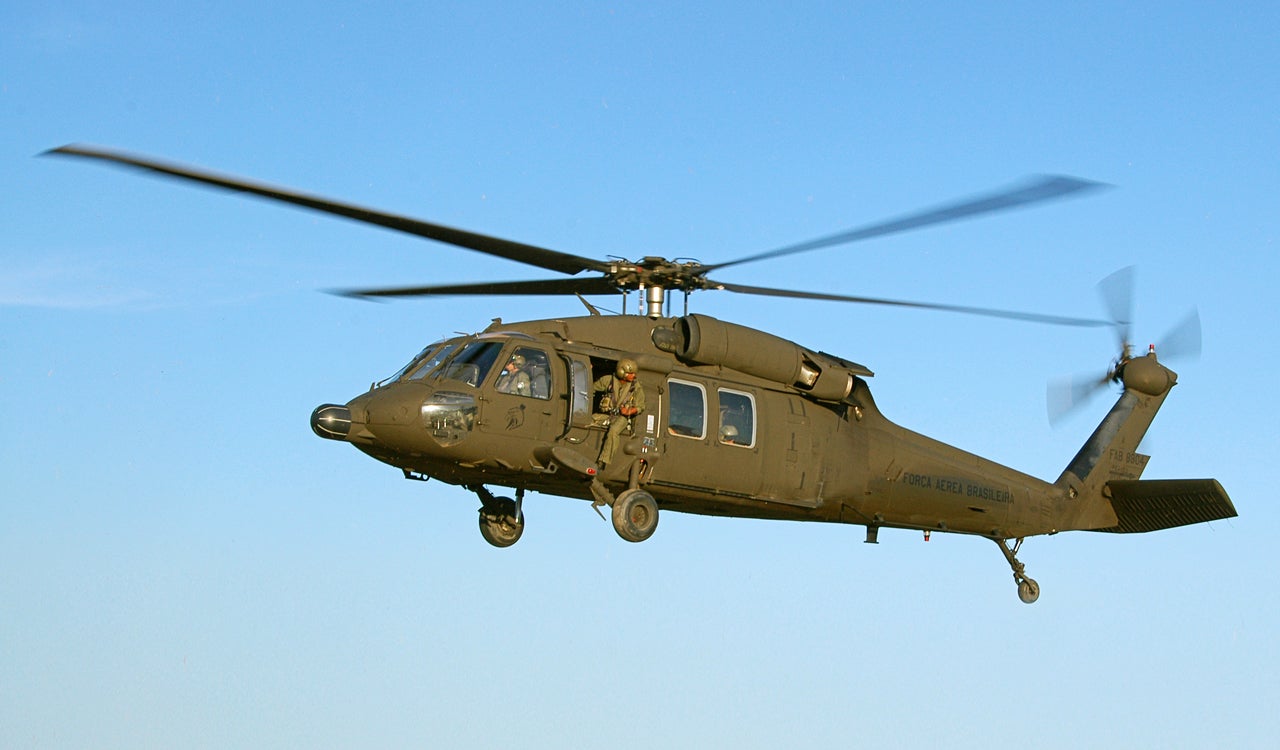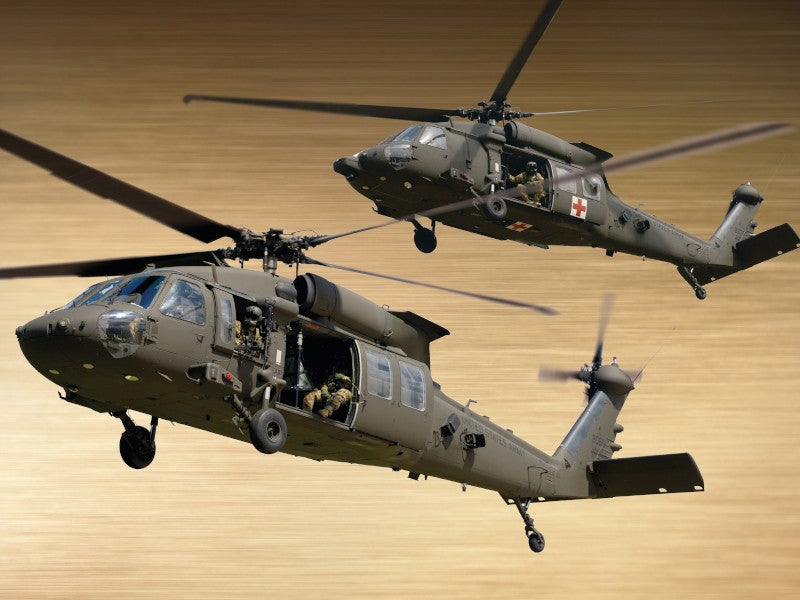Maintenance and Maintenance for UH 60 Helicopters
Maintenance and Maintenance for UH 60 Helicopters
Blog Article
The Influence of Lasting Practices on the Future of Airplane Procedures and Emissions Reduction
As the aeronautics industry encounters boosting analysis over its ecological impact, the fostering of sustainable techniques emerges as a critical pathway toward future airplane procedures and emissions decrease. Innovations in sustainable aeronautics gas and developments in crossbreed propulsion technologies stand at the leading edge of this improvement, promising substantial decreases in greenhouse gas emissions.

Summary of Sustainable Practices
Sustainable practices in aircraft operations include a variety of methods focused on decreasing environmental impact while maintaining functional effectiveness. These methods are important in the air travel market's commitment to minimizing its carbon impact and adhering to global environmental criteria. Secret efforts include maximizing trip paths to minimize fuel consumption, enhancing upkeep procedures to ensure aircraft run at peak performance, and carrying out innovative modern technologies such as winglets and light-weight products that enhance the rules of aerodynamics.

Educating and engaging staff on sustainability methods additionally play an important function, cultivating a culture of environmental obligation within companies. In general, the integration of these sustainable methods not just aids reduce exhausts yet also improves the long-lasting stability of the aviation industry, ensuring it satisfies the demands of both consumers and governing bodies while adding to worldwide sustainability goals.
Ingenious Fuel Alternatives
Various innovative fuel alternatives are becoming pivotal options to reduce the aviation industry's reliance on conventional fossil gas. Amongst these choices, Sustainable Aviation Gas (SAFs) have actually obtained significant focus due to their possible to lower lifecycle greenhouse gas exhausts by as much as 80% compared to traditional jet fuels. SAFs are originated from different feedstocks, consisting of waste oils, agricultural residues, and also algae, making them a flexible choice for the sector.
An additional appealing choice is hydrogen gas, which, when utilized in fuel cells, generates just water vapor as a by-product. This zero-emission possible presents a significant possibility for decarbonizing trip operations, particularly for short-haul trips and local airplane. In addition, electric propulsion systems are being explored, leveraging battery technology to power airplane. While present battery capacity restrictions range and haul, continuous improvements may quickly make electric trips practical for specific applications - uh 60.
Lastly, biofuels originated from biomass are being checked out, providing an eco-friendly choice that can be blended with conventional gas. Jointly, these ingenious fuel choices represent an essential action towards attaining a sustainable aeronautics environment, aligning with international emissions reduction targets and boosting the market's environmental stewardship.
Technical Developments in Aeronautics

Just how can technological advancements improve the future of aviation? The click over here combination of cutting-edge modern technologies is critical in transforming airplane operations, improving efficiency, and minimizing discharges. Developments such as hybrid and electric propulsion systems go to the center, appealing substantial reductions in gas intake and greenhouse gas exhausts. These systems take advantage of improvements in battery modern technology and power administration, enabling airplane to run with a reduced environmental footprint.
Moreover, the execution of sophisticated materials, such as light-weight compounds, adds to improved aerodynamics and gas efficiency. Making use of expert system and equipment learning in flight procedures enhances course planning and reduces gas burn by making it possible for real-time modifications based upon weather condition and website traffic conditions. In addition, the development of self-governing and remotely piloted aircraft systems stands to revolutionize cargo and guest transportation, potentially boosting effectiveness while reducing human error.
Moreover, lasting air travel modern technologies, consisting of sophisticated air traffic administration systems, can simplify operations and decrease congestion, resulting in reduced exhausts during flight. These improvements collectively stand for a paradigm shift in aeronautics, promising a future where sustainability and functional performance are intertwined, thus supporting the market's dedication to lowering its environmental effect.

Regulative Framework and Compliance
Due to the expanding focus on ecological stewardship within the air travel market, the governing structure controling airplane operations is evolving to advertise lasting techniques. Governing bodies, such as learn the facts here now the International Civil Aeronautics Company (ICAO) and various national aviation authorities, are presenting rigorous standards aimed at minimizing exhausts and improving operational effectiveness.
These regulations frequently consist of the fostering of Sustainable Aviation Gas (SAF), which has actually been identified as a key part in attaining lower carbon footprints. Conformity with these laws calls for airline companies to apply sophisticated modern technologies and functional methods, such as optimized trip courses and improved air website traffic monitoring, to minimize gas intake.
Furthermore, the enforcement of emissions trading schemes and carbon countering efforts is ending up being significantly common, engaging airline companies to check and report their discharges precisely. Non-compliance can cause considerable charges, hence pushing operators to focus on sustainability in their business designs.
Ultimately, the developing regulative landscape not only drives technology and financial investment in eco-friendly modern technologies however additionally fosters a culture of responsibility within the air travel market. As these structures proceed to establish, the concentrate on lasting techniques will be important to achieving the industry's long-lasting environmental goals.
Future Trends in Aircraft Workflow
As the aviation sector adapts to an increasingly strict governing setting, future trends in aircraft procedures are established to concentrate on ingenious remedies that additionally enhance sustainability and efficiency - uh 60. Secret growths will likely consist of the adoption of advanced air web traffic administration systems, which use real-time data and expert system to optimize flight paths, decreasing fuel consumption and emissions
One more considerable fad is the raised assimilation of lasting aeronautics gas (SAFs) These alternatives to traditional jet gas, derived from eco-friendly sources, can considerably reduce lifecycle greenhouse gas emissions. The industry's commitment to SAFs will likely accelerate as airlines collaborate with gas producers to make sure accessibility Website and cost-effectiveness.
Furthermore, the push towards electrification and crossbreed propulsion systems is getting momentum. Emerging aircraft layouts will certainly incorporate these technologies, supplying quieter and extra reliable procedures, particularly for short-haul trips.
Verdict
The adoption of lasting aviation fuels, paired with improvements in hybrid and electric propulsion systems, is necessary for lessening lifecycle greenhouse gas exhausts. Enhancing trip paths and welcoming innovative innovations add to a quieter and a lot more eco pleasant aviation market.
Advancements in lasting aviation fuels and developments in hybrid propulsion innovations stand at the forefront of this makeover, encouraging substantial decreases in greenhouse gas discharges.Many ingenious gas alternatives are emerging as crucial solutions to lower the air travel industry's reliance on typical fossil gas - uh 60. Among these alternatives, Lasting Aviation Fuels (SAFs) have gotten substantial attention due to their possible to reduce lifecycle greenhouse gas exhausts by up to 80% compared to conventional jet fuels.One more considerable fad is the boosted combination of sustainable air travel fuels (SAFs) The fostering of sustainable air travel fuels, coupled with innovations in electrical and hybrid propulsion systems, is important for lessening lifecycle greenhouse gas exhausts
Report this page